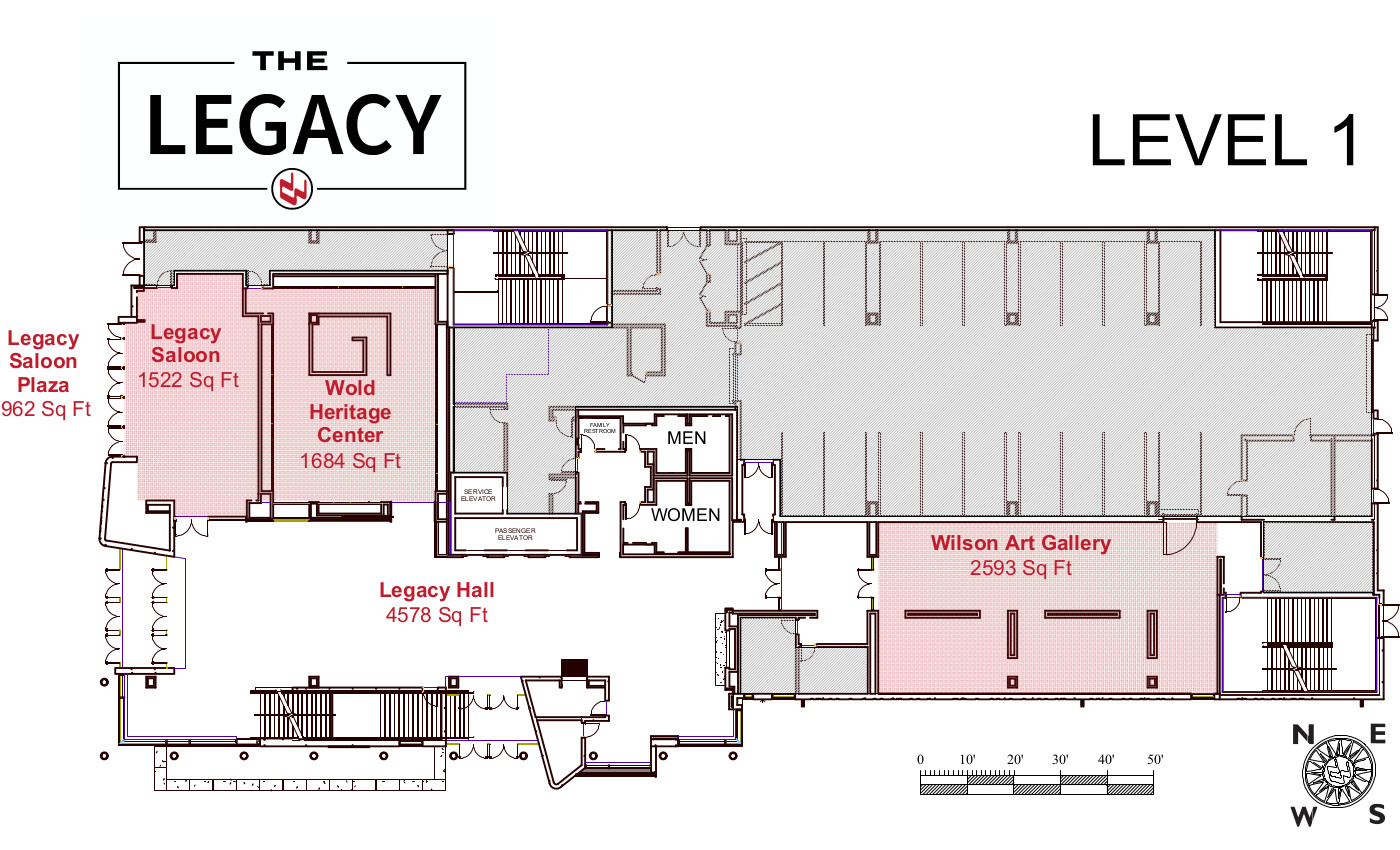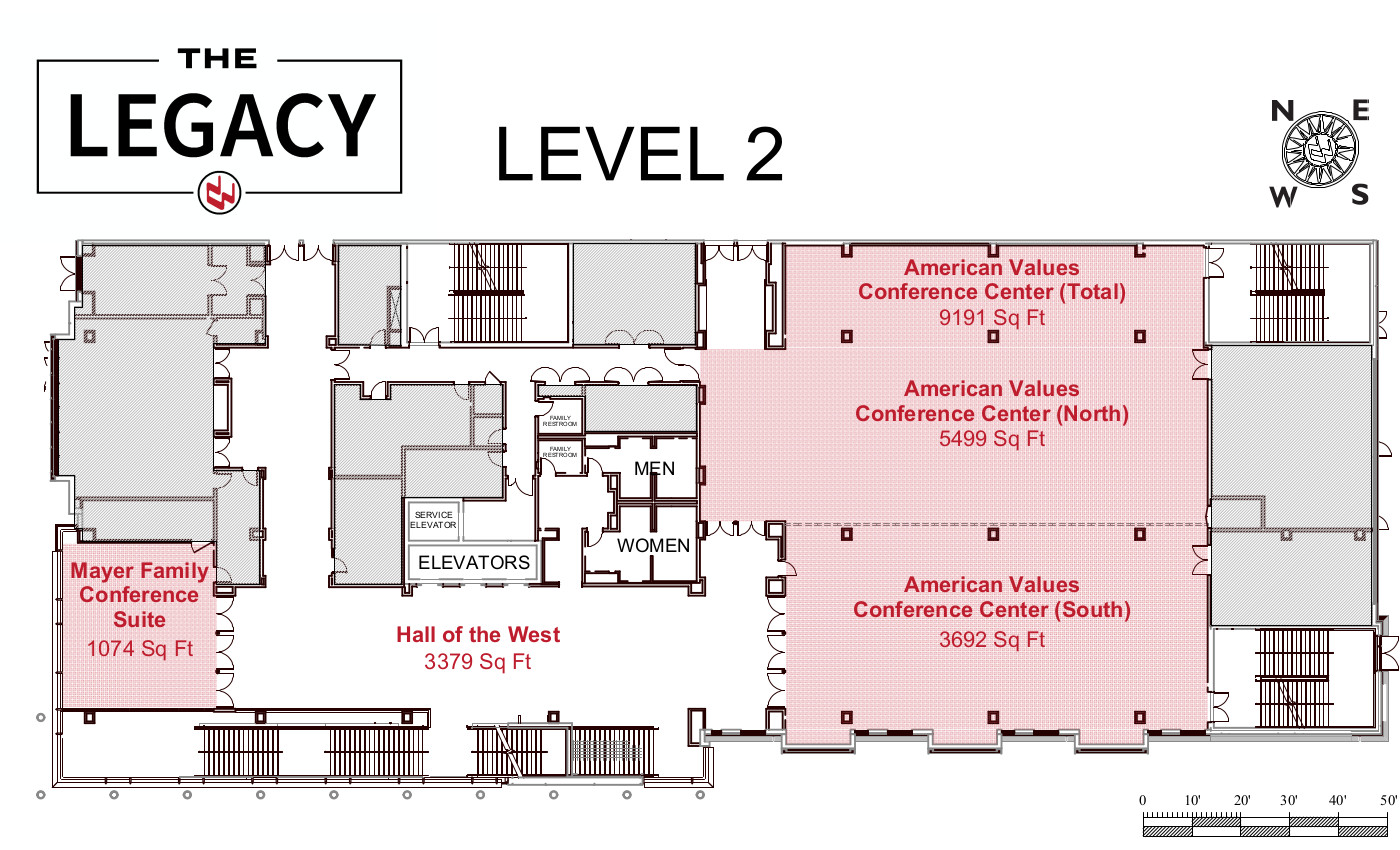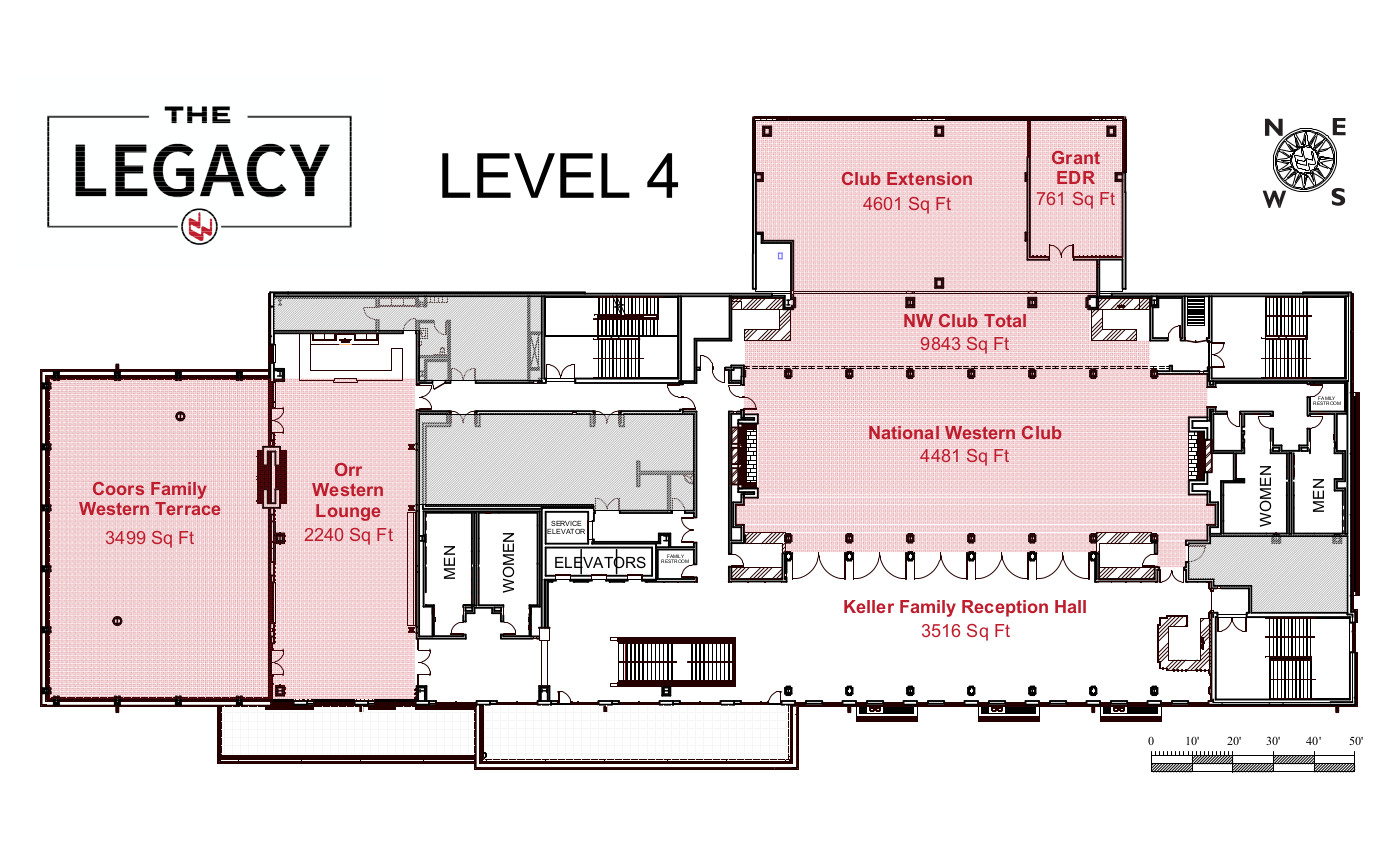Expanded NWSS will open pipe lines to higher ed says Citizen of the West Tony Frank
As seen in the Denver Post Here.
“Then I met this girl,” Frank said of decisions that led him from the farm to the helm of Colorado State University
Colorado State University president Tony Frank sailed into strong headwinds when he decided the school should have a new football stadium. The controversy grew more intense when the school announced that the facility would be on campus rather than in the foothills setting occupied by Hughes Stadium.
National Western Stock Show Association board chairman Pat Grant said Frank “was taking a lot of personal hits and criticisms that were hard on him. But he wore those slings and arrows with dignity and courage doing what he thought was the right thing to do.”
The way Frank handled the controversy, coupled with the vision he has shown throughout his nine-year tenure and the planning he has done for the school’s presence at the expanded National Western Center, led to him being named 2018 NWSS Citizen of the West, Grant said.
“People regard Tony as tall timber,” he added.
The award is presented annually during the stock show to a community leader who exemplifies the spirit and determination of a Western pioneer.
Since the first honoree was named in 1978, winners have included former Vice President Dick Cheney in 1993, U.S. Supreme Court Justice Byron White in 2000 and telecom titan John Malone last year.
Controversy over the CSU stadium began even before Frank recommended to the university’s board of governors that it be built on campus, miles from Hughes.
“The stadium deal became really controversial right off the bat — before we had picked a site,” Frank said. “It was during the recession, and it brought up a lot of issues.”
There were residents concerned about impact on nearby neighborhoods. Others thought the $220 million price tag wouldn’t pay off in better athletes, increased ticket sales or a jump in out-of-state students whose tuition payments could make up for a steep drop in state funding.
Frank said he and other CSU leaders made a decision in the best interests of the school. But revenue bonds sold to finance the build won’t be paid off until 2055.
Although controversy around the project has dissipated, “it’s a little too early to declare victory,” Frank said. “I would be surprised if it didn’t work, but the jury is out until the bonds are paid off.”
Frank, 57, grew up on an Illinois farm four miles outside a town of about 200 people. The farm had pigs, cows and sheep, as well as a large garden and orchard. “We had a little of everything. It was a working operation,” he said.
As a boy, he was heavily involved in 4-H. Life on the farm and his familiarity with livestock set him on a course toward a career as a large-animal veterinarian.
He received an undergraduate degree in biology from Wartburg College in Iowa, then moved to the University of Illinois, where he pursued a doctor of veterinary medicine.
“I was going to come back to that farm and be part of a large-animal practice. That was my goal until my junior year in vet school,” he said. “Then I met this girl.”
The girl, Patti Helper, was a student at Illinois. When she decided to take a job at a small-animal veterinary practice in Indianapolis, Frank decided he needed a Plan B.
He entered a doctoral program at Purdue University, in West Lafayette, Ind., where he held residencies in toxicology and pathology and received his doctorate in comparative pathology.
In 1989, he got his start in higher education as an assistant professor of toxicology and veterinary medicine at Oregon State. “Patty and I spent five years out there. We started our family.”
But a reduction in state funding for higher education led the school to cut faculty.
He took a job at CSU as an untenured assistant professor in the veterinary school in 1993 and quickly climbed the administrative ranks. He served as chair of the Department of Pathology, as associate dean of research, as vice president for research and information technology, as provost and as senior vice president.
He was named president in 2008 and became chancellor of the CSU system in 2015.
“I have observed him for many years,” Grant said. “He had a real talent for communicating, coordinating, and understanding faculty and different constituencies and concerns at CSU.”
Frank credits his success with the ability to recognize a good idea and work with others to move it forward.
The opportunity for CSU to have a major presence as part of the $1 billion expansion of the NWSS complex seemed just such an idea.
CSU’s footprint at the stock show’s new home will include an equine sports-medicine clinic that will treat animals during the anticipated year-round horse shows and other events, a small-animal community outreach clinic, water resources center and other facilities.
Anthony Frank, CSU System Chancellor and …Helen H. Richardson, The Denver PostTony Frank, CSU System Chancellor and CSU President, stands for a portrait outside of the administration building on the CSU campus Dec. 28, 2017 in Fort Collins.
Frank sees CSU’s role as an opportunity to spark excitement about learning in K-12 students and help guide them toward higher education.
Kids will be able to watch high-end “equine athletes running on an underwater treadmill” at the equine sports medicine facilities and witness other work with animals that is sure to grab their interest, he said.
A CSU extension center will have classrooms and outdoor educational opportunities and hands-on demonstrations of agriculture, food production and animal care — all geared to an urban setting.
Facilities will demonstrate CSU’s research and treatment techniques and provide education on connections between human and animal health.
The Denver Museum of Nature & Science and History Colorado will also participate in the project, so educational opportunities will be rife.
“It would be my hope that every K-12 school has parts of its curriculum tied into the (National Western Center),” he said. “If we can be part of building pipelines to higher education, we are all about it.”




